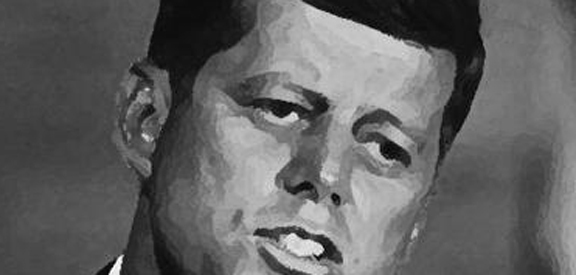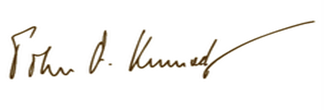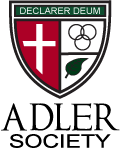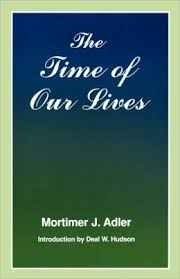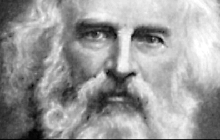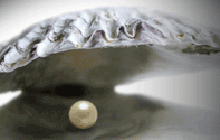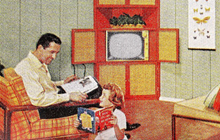SERV’ICE, n. [L. servitium.] 1. In a general sense, labor of body or of body and mind, performed at the command of a superior, or in pursuance of duty, or for the benefit of another. Service is. . . of persons who spontaneously perform something for another’s benefit. 2. To work for; to bestow the labor of body and mind in the employment of another. 3. To obey; to perform duties in the employment of; as, to serve the king or the country in the army or navy. 4. To help by good offices; as, to serve one’s country.
——-
“I have pledged myself and my colleagues in the cabinet to a continuous encouragement of initiative, responsibility and energy in serving the public interest. Let every public servant know, whether his post is high or low, that a man’s rank and reputation in this Administration will be determined by the size of the job he does, and not by the size of his staff, his office or his budget. Let it be clear that this Administration recognizes the value of dissent and daring — that we greet healthy controversy as the hallmark of healthy change.” – President John F. Kennedy. An excerpt from his State of the Union Message, January 30, 1961
“Let the public service be a proud and lively career. And let every man and woman who works in any area of our national government, in any branch, at any level, be able to say with pride and with honor in future years: ‘I served the United States Government in that hour of our nation’s need.'” – President John F. Kennedy. An excerpt from his State of the Union Message, January 30, 1961
“And so, my fellow Americans: ask not what your country can do for you—ask what you can do for your country. My fellow citizens of the world: ask not what America will do for you, but what together we can do for the freedom of man. Finally, whether you are citizens of America or citizens of the world, ask of us the same high standards of strength and sacrifice which we ask of you. With a good conscience our only sure reward, with history the final judge of our deeds, let us go forth to lead the land we love, asking His blessing and His help, but knowing that here on earth God’s work must truly be our own.” – John F. Kennedy, Inaugural Address, January 20, 1961
“Never before has man had such capacity to control his own environment, to end thirst and hunger, to conquer poverty and disease, to banish illiteracy and massive human misery. We have the power to make this the best generation of mankind in the history of the world – or make it the last.” – John F. Kennedy
John F. Kennedy, Inaugural Address, January 20, 1961



